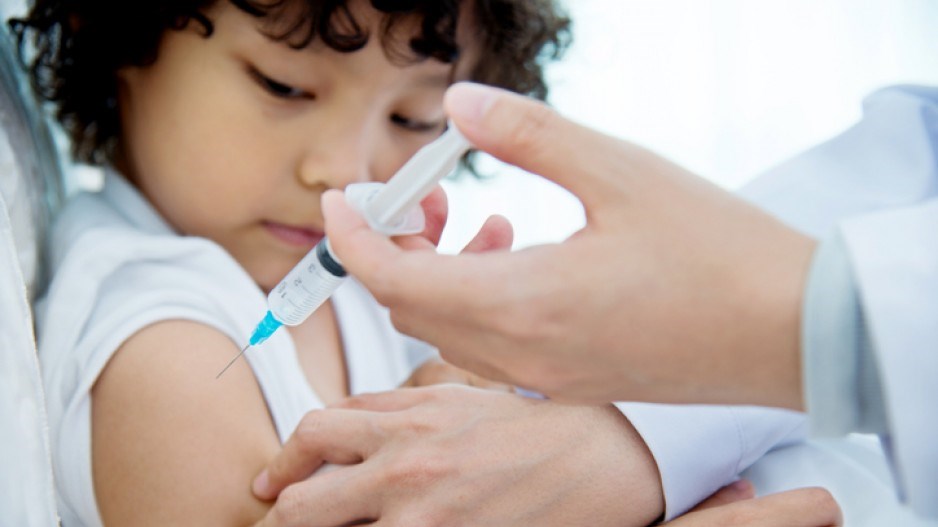B.C. has identified its first case of the new Omicron variant of COVID-19 in a case linked to a resident in Fraser Health region who recently visited Nigeria.
Ottawa imposed new travel restrictions targeting seven southern Africa last week following the emergence of the strain that has raised concerns because of the high number of mutations within the virus’ spike protein, which affects how it attaches to cells. Nigeria, Egypt and Malawi have since been added to the list of countries facing restrictions.
A total of 204 people in B.C. have been identified as recently travelling from the seven southern Africa countries, while it's unclear how many have recently arrived in B.C. from the latest three countries.
Vaccines used in Canada, such as those produced by Pfizer Inc. (NYSE:PFE) and Moderna Inc. (NYSE:MRNA), were designed to take aim at the novel coronavirus’ spike protein. It remains unclear how effective these vaccines will be on the new strain.
“Equal access to vaccination is something that’s going to be important for us to get through this,” B.C. provincial health officer Dr. Bonnie Henry said Tuesday.
“Until everyone in the global community has the ability to be vaccinated and has the same protections we do, we are still all at risk.”
This comes as B.C. is embarking on a booster shot campaign at the same time about 57% of the global population of 7.9 billion people have yet to receive two doses.
B.C.’s current approach is focused on those who are at the highest risk, such as older people or those who received their first and second doses at shorter intervals.
“I don’t think it will change,” Henry said, when asked about whether B.C.’s booster campaign will be adjusted in the wake of the emergence of the Omicron variant.
“It really is a bit too early to say.”
B.C. health officials will be holding discussions with the National Advisory Committee on Immunization (NACI) after the latter organization announced earlier in the day that Canada should look at new guidance around boosters.
Health Minister Adrian Dix also confirmed Tuesday that 97% of provincial bureaucrats are fully vaccinated against COVID-19 as public service employees prepare to return to offices next month.
Meanwhile, vaccinations for children between the ages of five and 11 began Monday. The province is home to about 350,000 children within this age group.
Henry said planning in B.C.’s north “has been a challenge” but efforts are underway to ramp up vaccinations in that region.
Dix said vaccination efforts in the north are a priority right now because of the higher case rate.
Invites for vaccinations are being prioritized based on the order children are registered through Get Vaccinated BC.
B.C. health officials will be following NACI’s recommendations of an eight-week interval between first and second doses.
Provincial health officer Dr. Bonnie has said repeatedly that the longer intervals offer stronger, longer-lasting protection over time and the vast majority of adults in B.C. received their doses at longer intervals.
But it also means that B.C. children will not be fully vaccinated in time for the holidays, when many families are expected to be gathering in large groups indoors. Health officials expect to be able to have all children vaccinated by the end of January.
Most of the mass clinics that serviced the adult population earlier this year have since gone back to their original use. New child-specific clinics have been opened to accommodate the latest immunization campaign.
And while pharmacies have been administering the adult COVID-19 vaccines to children 12-17, but they are not administering vaccines for those five to 11.
Children under the age of 12 now make up about 20% of daily cases in B.C. as the Delta variant has increased the rate of transmissibility since this summer. Students have also returned to B.C. classrooms during the same period cooler weather is bringing more people indoors.




